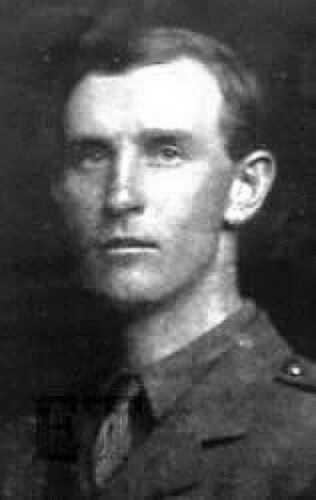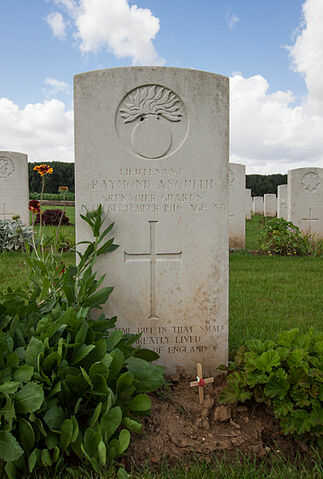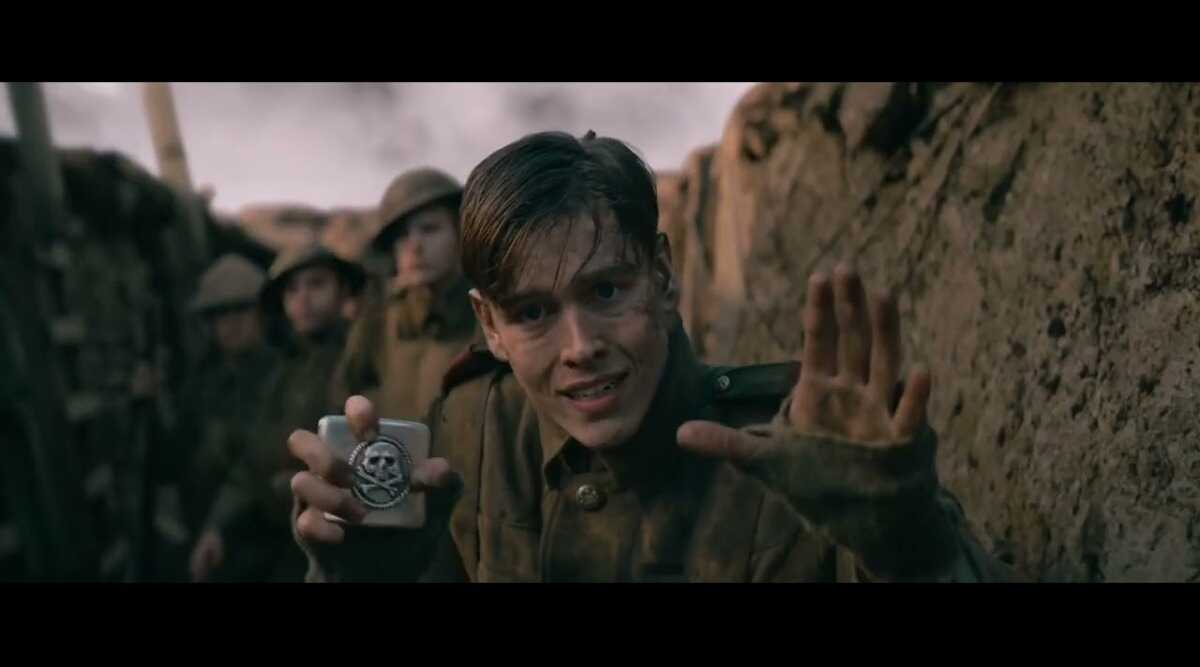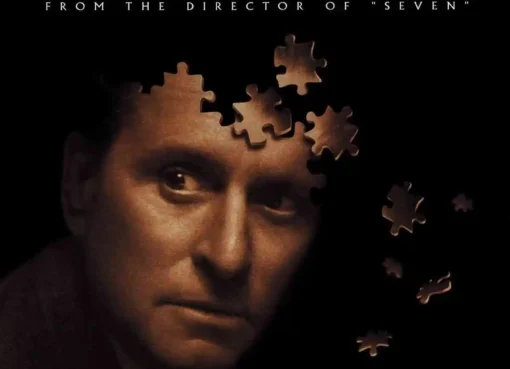After watching The King’s Man movie, I’m really touched by the death of Conrad Oxford.
Harris Dickinson acted as Conrad Oxford in this Kingsman movie.
Conrad Oxford Kingsman
In the movie, Conrad Oxford is the son of The Duke of Oxford, and his wife Emily.
After Conrad’s mother died when he was a child, Conrad always sought to fight for his country and be a solider. Even with his desire to fight for his country; his father maintains his promise to Conrad’s mother and doesn’t allow him to take such actions.
“You can’t keep me locked away as the world burns.” ― Conrad to the Duke of Oxford
Eventually, Conrad does leave home to fight in World War I.
Was Conrad Oxford a Real Person? Did the Duke of Oxford’s Son Die in WW1?
As Orlando Oxford isn’t based on a real-life figure, Conrad is largely fictional for this Kingsman movie. Although he may have been partially inspired by Raymond Asquith.

Raymond Herbert Asquith (6 November 1878 – 15 September 1916) was an English barrister and eldest son of British prime minister H. H. Asquith.
Asquith was killed in action in WW1 during his father’s term in office.
Asquith was junior counsel in the North Atlantic Fisheries Arbitration and the British Wreck Commissioner’s inquiry into the sinking of the RMS Titanic, and was considered a putative Liberal candidate for Derby. However, his rise was interrupted by the outbreak of the First World War.
Death
He was initially commissioned, on 17 December 1914, as a second lieutenant into the 16th Battalion, London Regiment. He was transferred to the 3rd Battalion, Grenadier Guards on 14 August 1915, and assigned as a staff officer. But he requested to be returned to active duty with his battalion, a request granted before the Battle of the Somme.
While leading the first half of 4 Company in an attack near Ginchy on 15 September 1916, at the Battle of Flers-Courcelette, he was shot in the chest.
He lit a cigarette to hide the seriousness of his injuries so that his men would continue the attack.
He died while being carried back to British lines. His body was buried at Guillemont in the CWGC Guillemont Road Cemetery.

The grave’s headstone is inscribed: ‘Small time but in that small most greatly lived this star of England‘, a concluding line from Shakespeare’s Henry V.
In his 1928 obituary tribute to H.H. Asquith, Winston Churchill summarised Asquith’s last moments:
“It seemed quite easy for Raymond Asquith, when the time came, to face death and to die. When I saw him at the Front he seemed to move through the cold, squalor and peril of the winter trenches as if he were above and immune from the common ills of the flesh, a being clad in polished armour, entirely undisturbed, presumably invulnerable. The War which found the measure of so many, never got to the bottom of him, and when the Grenadiers strode into the crash and thunder of the Somme, he went to his fate cool, poised, resolute, matter of fact, debonair. And well we know that his father, then bearing the supreme burden of the State, would proudly have marched at his side“.
Conrad’s death in the movie shocked viewers. The director managed to take us to the battlefield and tell us the story of a hero.
Why Conrad Oxford had to die in the movie
Conrad was a major part of the Duke of Oxford’s motivations for being a pacificist. His death forces Oxford to reevaluate his stance on violence and on war, prompting him to personally involve himself and then form the Kingsman agency. Until then, Oxford had been far too preoccupied with Conrad’s safety to actually consider his ability to directly influence the tide of war. Once Conrad was killed in action, Oxford finally decided to put his vow of pacifism aside and consciously risk his life for the war effort, facing off against The King’s Man’s main villain in an epic showdown.
The byproduct of Oxford’s choice to break his vow of pacificism was the founding of the Kingsman agency. Without Conrad’s death, Oxford likely wouldn’t have seen the need to form an official organization and would have instead settled for continuing to protect his son from the horrors of war. Conrad’s death forced Oxford into action in a way that nothing else could have, making the Kingsman agency the direct result of Conrad being killed.







